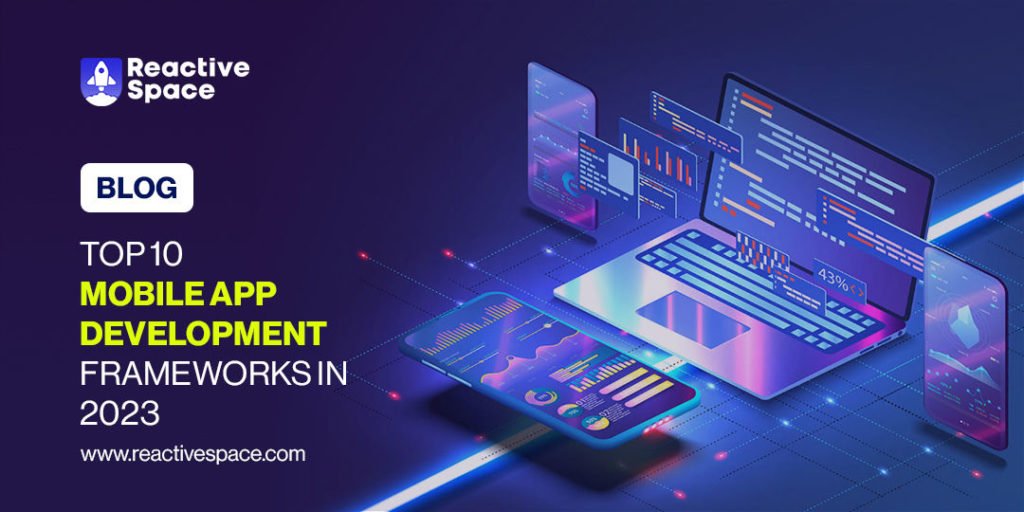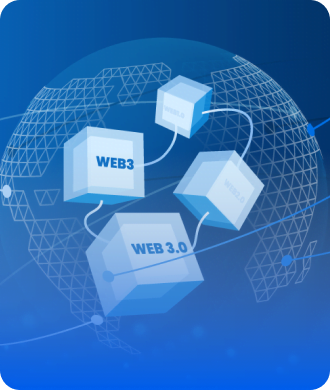
Can you imagine living your life without mobile phones in today’s world?
Definitely No!
These compact-size devices are a gateway to a digital world where everything is available at our fingertips, whether entertainment, knowledge, buying or selling, and so much more.
Mobile Phones have now become an indispensable innovation; therefore, the thriving industry of mobile app development has emerged recently.
It not only serves the purpose of connecting people with their loved ones but also scheduling and managing things, capturing memories while making our life easy.
After the Covid-19 pandemic, businesses underwent a fundamental transformation by harnessing the power of the digital world. Stepping into an online realm, businesses started connecting with their customers online while sustaining operations and transactions.
According to recent research by SsTech System Solutions Blog, 2023 will be the year of the rise of Mobile App Development. And as a consequence, the need for efficient mobile app development frameworks will also be increased.
In this article, we will shed light on Mobile App Development Frameworks, Software, and Companies.
Mobile App Development Frameworks
In this section, the best Mobile App Development Frameworks will be discussed.
But wait!
What are the Mobile App Development Frameworks?
Mobile App Development Frameworks aims to build a foundation and structure for mobile applications. These are the software tools that offer pre-defined libraries, functionalities as well as modules.
The primary purpose of these Frameworks is to help in the development process by uplifting developers to build an app with greater efficiency.
Let’s proceed toward the list
1. Flutter
An open-source UI framework, Flutter, was developed by Google in 2017. It facilitates the developers to build applications for multiple platforms which look like Native apps.
Developers use Flutter Framework to create native Android, iOS, and Web apps. These apps provide unique features and are capable of high performance.
The language used in the Flutter codebase is written in Dart Programming language, helping it to perform all the functions effectively.
Flutter has pre-built widgets, which allow developers to build interactive and attractive user interfaces. This framework allows customization, which means that you can create unique and appealing personalized app designs.
Hot Reload
It allows the developers to keep in check all the changes they make because it all reflects in the app interface, eliminating the need to restart an entire app. This way, it speeds up the development process.
The paradigm its architecture follows is Reactive Programming, and it allows widgets to rebuild whenever the state changes automatically.
2. React Native
React Native was developed by Facebook in 2013 but was publicly released later in 2015.
It is an open-source framework for mobile app development. The developers use the Native J.s library and JavaScript codebase to create applications.
React Native facilitates cross-platform mobile apps, which means that the same codebase can be used to build apps for both Android and iOS.
React Native can perform Native-like.
In simple words, the approach developers use in React Native is to write code once and utilize it for multiple applications.
“Learn once, write anywhere.’’
3. Swiftic
Swiftic Framework has been built for Androids mobile Applications but can support iOS too. This platform serves the purpose of helping individuals and businesses build customized applications without the knowledge of coding.
It has a simplified development process. It offers a drag-and-drop interface, a variety of features, and templates.
Swiftic offers its users a diverse range of templates that covers various industries and businesses. Its templates are customizable, leveraging branding elements, images, and color, and It allows us to build creative and unique mobile application designs.
4. Xmarian
Xamarin a mobile app development platform which is owned by Microsoft. With the Xmarian framework, developers create applications for Androids, Windows, and iOS. It uses C# programming language, which provides Native-like app performance utilizing the Native APIs.
Xmarian has a diverse range of tools and libraries, which allows developers to create efficient apps.
5. Iconic
Iconic, the most vigorous and extensively used mobile app development framework, helps developers to create cross-platform apps by using web technologies like JavaScript, HTML, and CSS.
Iconic offers a set of pre-built UI tools, components as well as integrations. The applications developers create using this framework are for Android, Web, and iOS, delivering a native-like experience.
6. Apache Cordova
Apache Cordova is an open-source mobile app development framework, previously hyped as PhoneGap.
Apache Cordova facilitates developers to build cross-platform applications by using various web technologies, including CSS, JavaScript, and HTML. These applications can be deployed on multiple operating devices, such as Windows, iOS, Android, and others.
With Apache Cordova, you can build efficient, flexible mobile applications.
7.Solar2D
Solar2D is also known as Corona SDK. It is a mobile app development framework that helps developers to build 2D games as well as apps. These applications are being utilized on multiple platforms, which include Android, Windows, iOS, macOS, etc.
Lua is the scripting language in Solar2D, popular for its simplicity and ease.
It also offers plugins for additional functionalities, which include analytics, app purchases, social media sharing, ads, etc.
8.NativeScript
It is an open-source mobile app development framework that provides access to developers to create native mobile applications using web technologies like JavaScript, CSS, and HTML.
NativeScript supports the functioning of cross-platform apps, which includes Android and iOS. It has a vast range of plugins, components, and integrations with robust, high-quality, and efficient mobile applications.
9. Onsen UI
Onsen UI is an open-source mobile app development framework that supports developers in building cross-platform applications using web technologies, including CSS, HTML, and JavaScript.
It offers a diverse range of UI tools and components, helping build attractive, responsive, and high-quality applications.
10. jQuery Mobile
It is an open-source mobile application that has a responsive design approach. It provides an automated system, helping in the layout adjustment and content fitting of multiple screen sizes.
The language used in the jQuery Mobile framework for creating applications is HTML, JavaScript, and CSS, providing a user-friendly interface.
List of Mobile App Development Software
According to the list prepared by Software testing help, these are the best mobile app development software in 2023.
- JIRA
- QUIXY
- AppyPie
- Bizness Apps
- Rollbar
- AppMySite
- iBuildApp
- Caspio
- AppSheet
- Zoho Creator
- Microsoft Power Apps
What aspects are worth considering when choosing the best mobile app development company?
The most important thing to consider before choosing the best mobile app development company is their expertise, track record, and experience in the selected framework to assess the quality of their services.
Reactive Space is recognized as one of the leading Mobile App Development Companies. Renowned for their outstanding services, aiming for gratifying customer experience, good customer support, timely delivery, and cost-effectiveness.
Suppose you want to know more about us, our services, or our Portfolio. Please visit our website.



